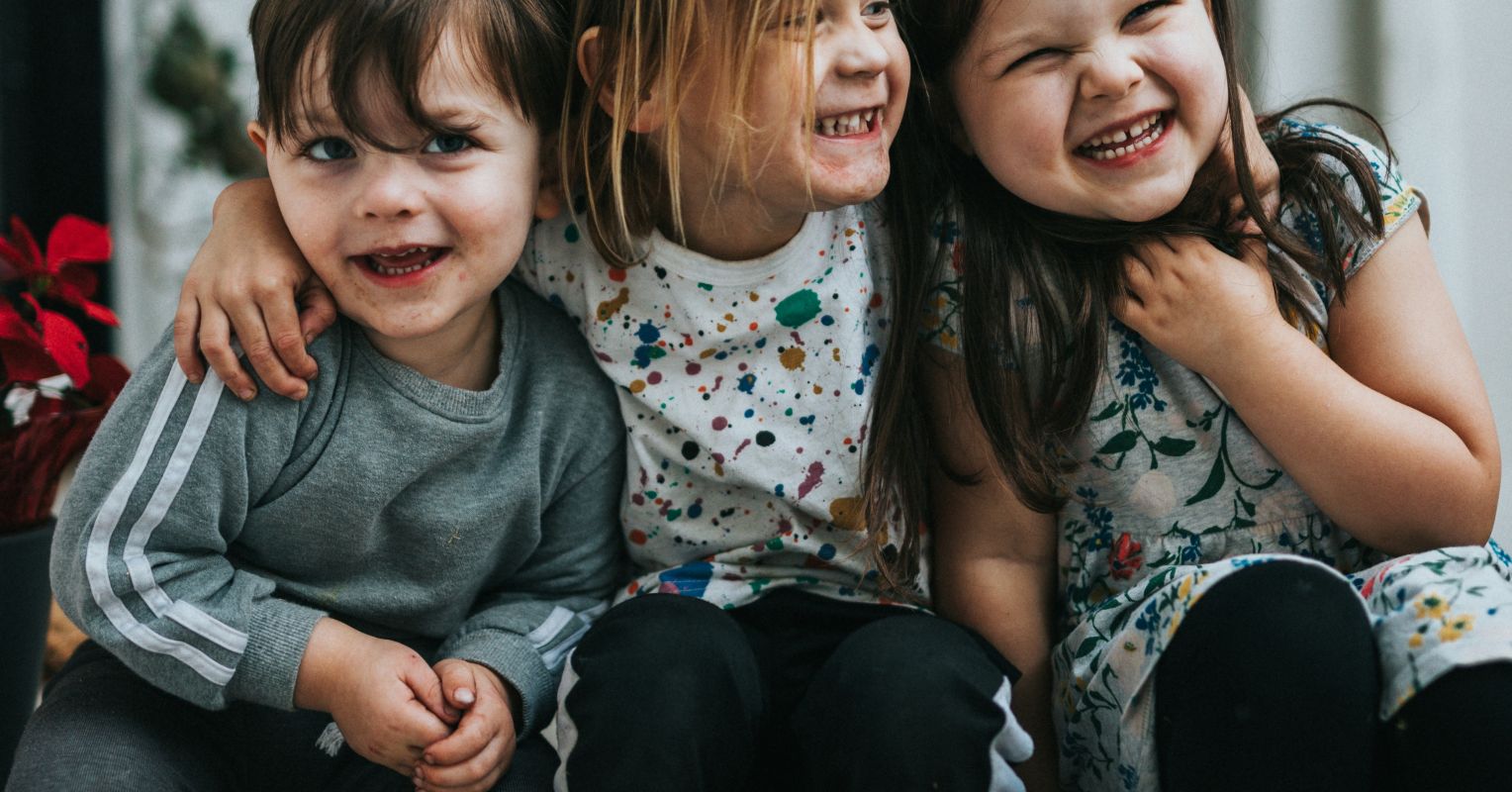
Many parents place the happiness of their children at the top of their priority list.
When asked, adults can generate lists of ideas about what will make their children happy: new material things, like toys, shoes, and gadgets; fun adventures and vacations; winning the top spot in a competition; and spending time with loved ones. Across a range of cultures and generations, many of the elements on these lists will probably be similar. This common understanding of children’s happiness corresponds to whether or not they get what they want, or what is referred to as a “greater satisfaction of desire” (Yang, 2024).
But what is the experience of happiness like from the child’s point of view?
Challenges in youth mental health
Growing up has always been peppered with tribulations, yet today’s social landscape has created a particularly rugged pathway through youth. Access to information and people, especially online, is in great abundance, but many children struggle with disparaging feelings of scarcity in regard to themselves, their self-worth, and their potential. The avenues for peer comparison are seemingly boundless, and kids are not playing outside as much as they used to.
New research suggests an undeniable entanglement of increased social media usage and the decline of mental health among children and adolescents. Some of the most up-to-date analyses indicate that at least 10 percent of children (age 3-17 years) had “current, diagnosed anxiety,” and we can predict that the true statistic is likely higher than these limited data collections can reveal.
Many parents and caregivers feel that that if they can provide their children with more things or give them more opportunities to get ahead, they will be happier. Although usually well-intentioned, this view is limited.
Children have a nuanced understanding of happiness
In a review of the most recent literature on children’s happiness, University of Chicago research professor Fan Yang offers a broader understanding. Her synthesis of new developmental research suggests that children as young as 4 or 5 years old have a nuanced understanding of happiness, especially in the sense that they recognize the limitations of only satisfying their own desires. Children recognize the relationship between morally good actions and happiness, and they feel happy when they engage in these prosocial behaviors. They are aware of the connections between moral goodness and happiness both for themselves and other people.
Even further, children derive happiness from being good, rather than only fulfilling desires, across long and short time series. In one study, children showed accurate anticipations of the fleeting nature of desires and happiness: They understand that neither will last forever.
Yang concludes that “characterizing young children as driven solely by material desires and pleasures” does not capture a deep understanding because “their sense of happiness is intricately intertwined with their sense of goodness.”
When we look at children’s happiness through a framework of fulfilling materially driven desires, we may unintentionally overlook their potential for emotional depth. This collection of new research encourages us to rethink our ideas about the emotional capacity of children, especially when considering what will make them happy.
Kids don’t only want to feel good; they also want to be good.

